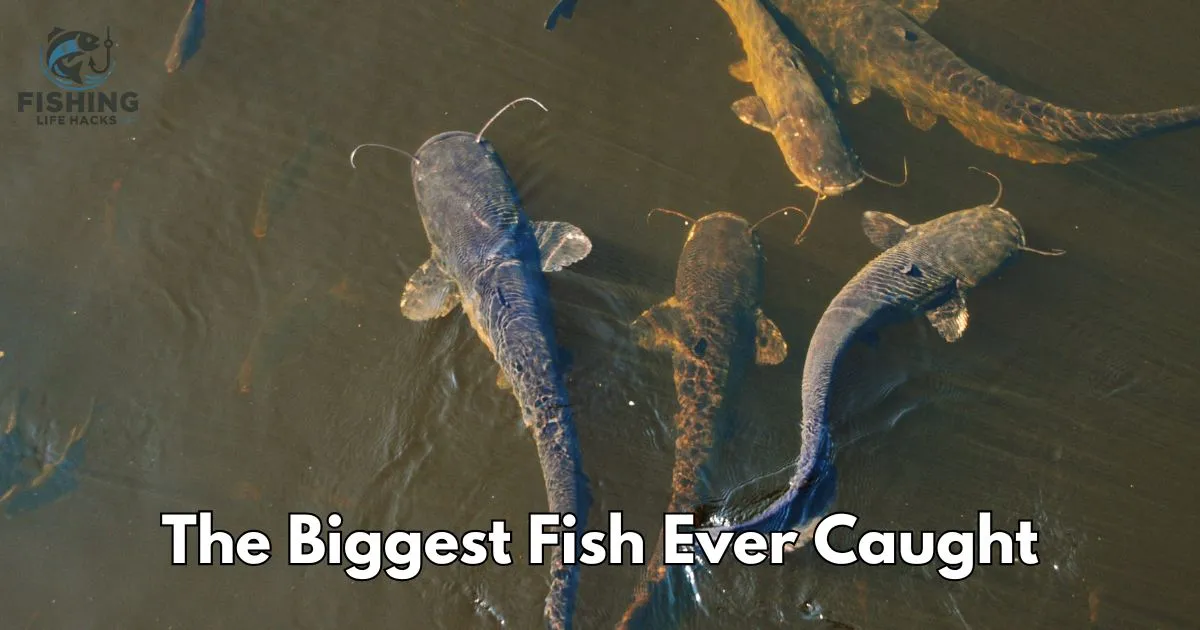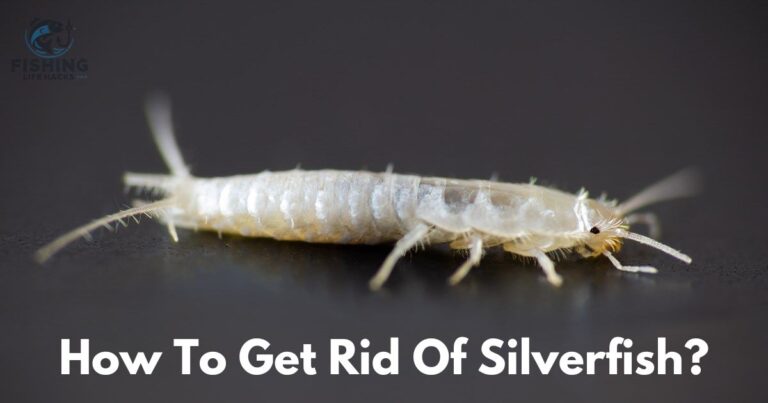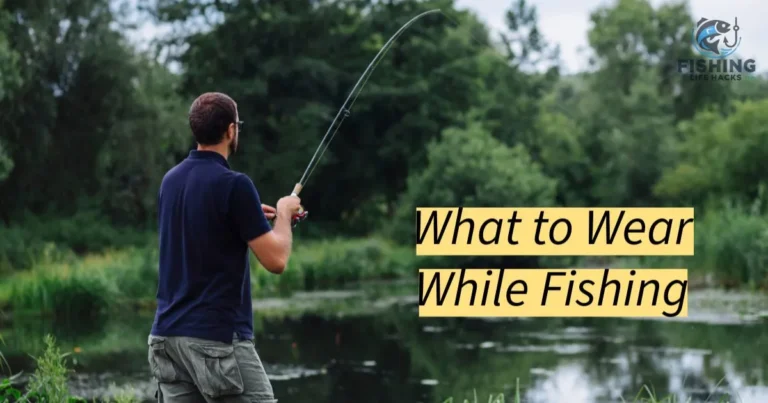What is the Biggest Fish Ever Caught?

Fishing enthusiasts around the world often dream of reeling in the biggest catch. But what exactly is the biggest fish ever caught, and how do such massive sea creatures make their way onto our fishing records? The world of record-breaking catches, exploring the types of fish that hold the title for the largest specimens ever caught, how they were caught, and some interesting facts about these giant fish.
The Largest Fish in the World
Before we get into the specific fish caught by humans, it’s important to clarify that the biggest fish on Earth isn’t always the one caught by humans. The whale shark holds the record for the largest fish in the world. These gentle giants, found in tropical oceans, can grow up to 40 feet (12 meters) in length and weigh as much as 20.6 metric tons.
However, whale sharks are not typically caught in traditional fishing because of their size and conservation status. So, while the whale shark may be the largest fish in the sea, it is not the answer to the question “What is the biggest fish ever caught?”
The Giant Fish Caught by Humans
When it comes to fish that have actually been caught, the title of the largest fish ever captured goes to the manta ray and the giant ocean sunfish. But these are also not “traditional” fish you’d think of when imagining a massive catch on a fishing line.
The largest fish ever caught by a recreational fisherman is the Mekong giant catfish, which was recorded in Northern Thailand. This freshwater fish, caught in 2005, weighs in at around 646 pounds (293 kg) and measures an impressive 9 feet (2.7 meters) long. The Mekong giant catfish is one of the largest species of catfish in the world and can be found in the Mekong River in Southeast Asia.
The Mekong Giant Catfish – A Record-Breaking Catch
As mentioned, the Mekong giant catfish is considered the biggest fish ever caught by a human. This giant catfish was caught by a local fisherman in northern Thailand, who was unaware that his catch would be recorded in history.
The massive fish was caught near Chiang Khong in 2005. It was weighed on a large scale and measured at 9 feet (2.7 meters) in length. This catch broke previous records for catfish and set a new benchmark for freshwater fish. The Mekong giant catfish’s size and weight shocked the global fishing community, and it remains a source of awe and inspiration for anglers everywhere.
These catfish live in the deep waters of the Mekong River, and their massive size makes them an uncommon but impressive find. Due to overfishing, the Mekong giant catfish is now considered endangered, so this particular catch is even more significant in the context of conservation efforts.
Other Notable Giant Fish Caught
While the Mekong giant catfish holds the crown for the largest fish ever caught, there are other noteworthy catches worth mentioning.
4.1. The Whale Shark (Caught by Fishermen)
Though it’s important to note that whale sharks are protected and are typically not caught for sport, there have been reports of them being accidentally caught in fishing nets. The largest recorded whale shark ever captured, however, was caught off the coast of Taiwan in 2009. This particular shark was 39.5 feet (12 meters) long and weighed about 21 tons.
4.2. The Giant Ocean Sunfish
The Mola Mola, or the ocean sunfish, is another massive fish species that has captured the attention of fishermen around the world. One of the largest ocean sunfish ever recorded weighed a staggering 5,000 pounds (about 2,268 kilograms). Sunfish are known for their unique shape and large, flattened bodies, and although they’re not as commonly caught as some other fish, they have been observed weighing in at well over 2 tons.
4.3. The Great White Shark
Great white sharks, while not the largest fish species, are one of the most notorious. The largest great white shark ever caught weighed 2,664 pounds (1,208 kg) and was 21 feet (6.4 meters) long. This legendary catch occurred off the coast of Australia in 1959. Though great white sharks are rare to catch, the record for the largest one stands strong in fishing history.
4.4. The Bluefin Tuna
Another contender for the title of biggest fish ever caught is the bluefin tuna. Known for their speed and strength, bluefin tuna can grow to immense sizes. The largest bluefin tuna ever caught was in 1979 in Nova Scotia, Canada, and it weighed 1,496 pounds (678 kg). Bluefin tuna are highly sought after by sport fishermen, and this record-breaking catch remains one of the most notable achievements in fishing.
The Fishing Process for Giant Fish
Catching such massive fish is no small feat. Whether it’s the Mekong giant catfish or a bluefin tuna, catching record-breaking fish involves specialized gear, careful planning, and a lot of patience.
Fishermen targeting such large fish usually use heavy-duty rods and reels, capable of handling the enormous weight and strength of these creatures. For example, when catching a giant tuna or shark, fishermen use hooks that can withstand the intense struggle these fish put up. Some fishing vessels are specifically designed for deep-sea fishing, outfitted with winches and equipment to land such massive fish.
Conservation Efforts for Giant Fish
While the idea of catching a record-breaking fish is appealing to some, it’s important to note the conservation challenges associated with some of these giant species. Many of the fish that hold records for size are now considered endangered, including the Mekong giant catfish, whale sharks, and ocean sunfish. Overfishing, habitat loss, and environmental changes have taken a toll on these giant species, and their populations are rapidly declining.
Frequently Asked Questions
Conclusion
So, what is the biggest fish ever caught? The answer is the Mekong giant catfish, which was caught in 2005 and weighed an incredible 646 pounds. While there are other giant fish like the bluefin tuna and great white shark that come close, the Mekong giant catfish holds the title as the largest fish caught by humans. However, as we celebrate these incredible catches, it’s also important to keep in mind the importance of sustainable fishing practices and protecting these magnificent creatures for future generations.






